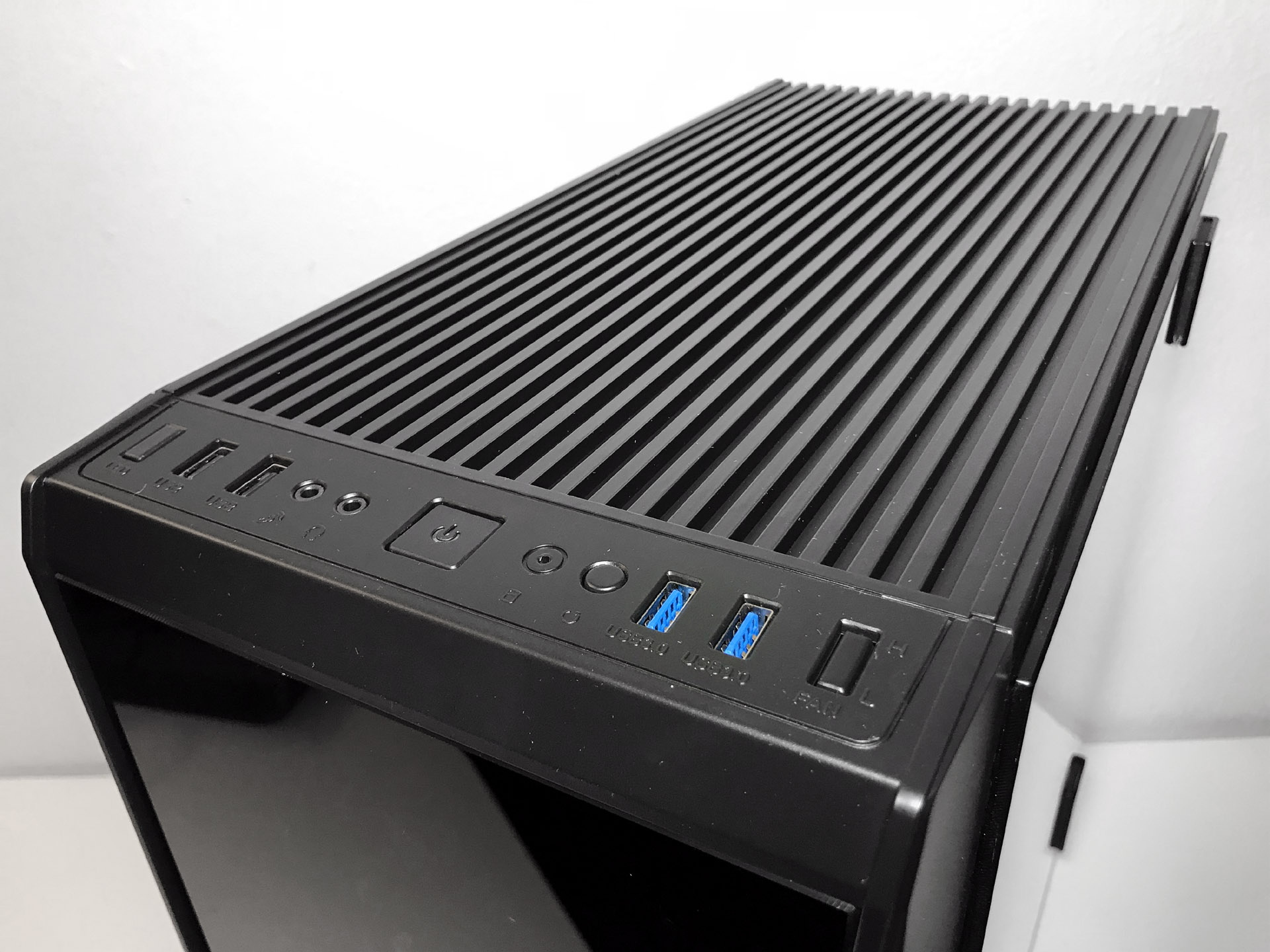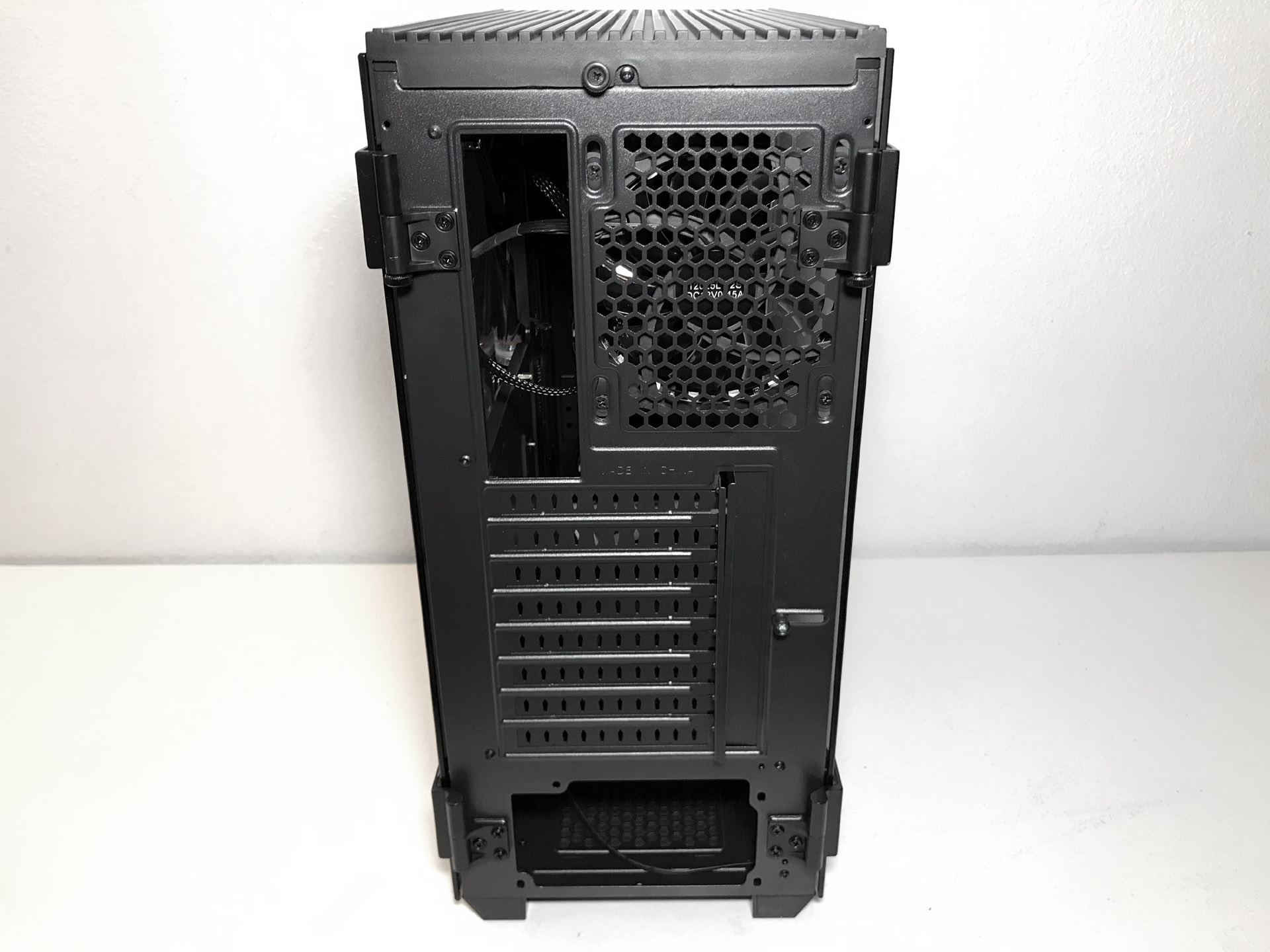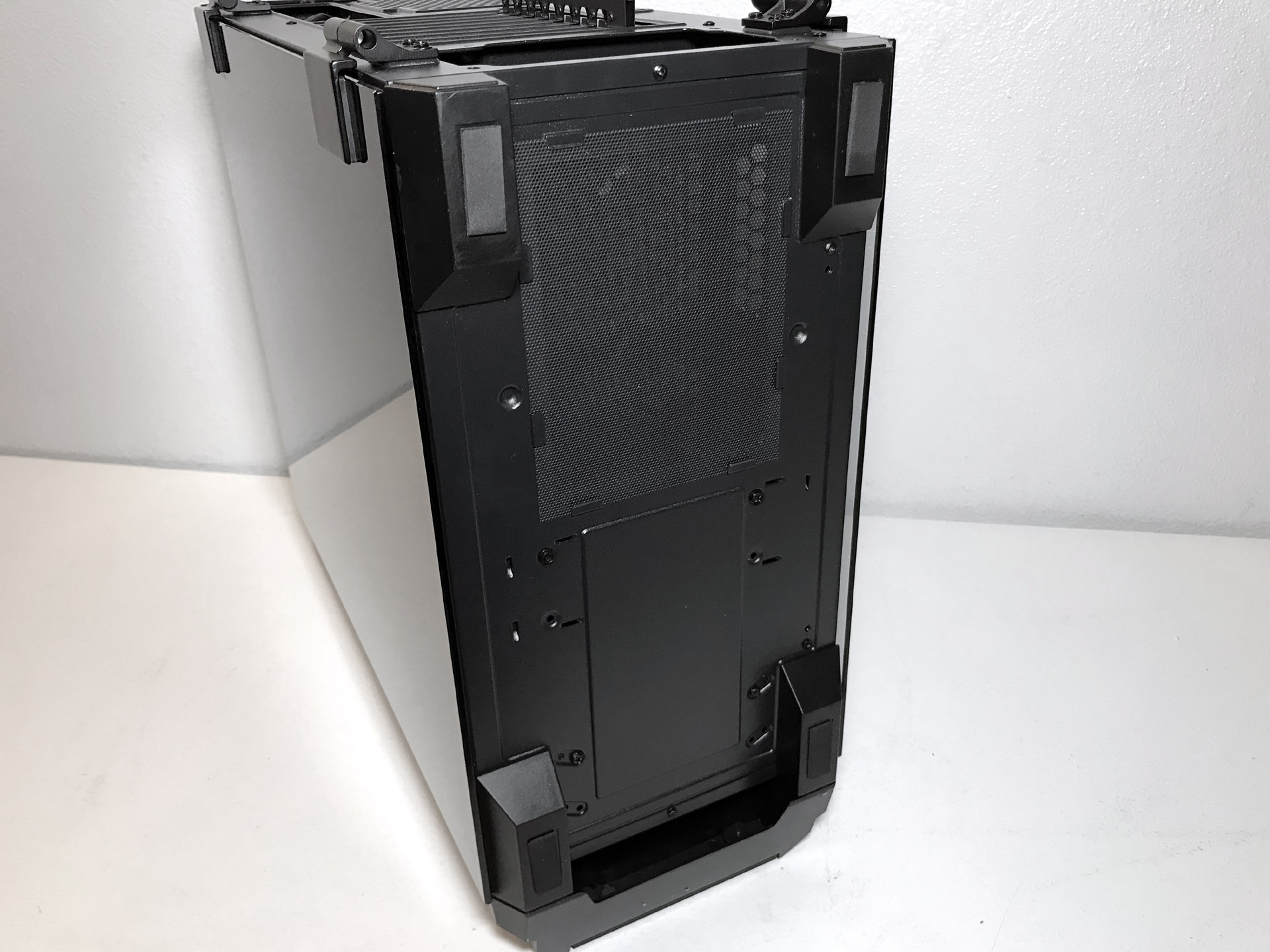Tom's Hardware Verdict
With great thermal performance, whisper-quiet operation, tempered glass panels aplenty, and built in RGB lighting options, the DIYPC Trio-GT-RGB delivers an excellent case for the money.
Pros
- +
Low price
- +
Four LED-Lit fans
- +
Great cooling performance
- +
Triple tempered glass panels
- +
Included fan hub
Cons
- -
No USB 3.1 Gen 2 Type-C
- -
Only one dust filter
Why you can trust Tom's Hardware
Features and Specifications
When you think of mid-tower ATX cases that are equipped with four RGB fans, three hinged tempered glass side panels, great thermal and acoustic performance and an integrated RGB fan controller, the first thing that comes to mind is likely "must be expensive." What if I told you there is just such a case, priced at just $89.99 (£71)? Sure, there are a few things you will have to live without but, for the price, were not sure you can beat DIYPC’s Trio-GT-RGB. When we wrote this, the chassis on sale for $70 on Newegg, making it an even better value.
Specifications
| Type | Mid-Tower ATX |
| Motherboard Support | Mini-ITX, Micro-ATX, ATX |
| Dimensions (HxWxD) | 19.70 x 8.50 x 18.00 inches (500.4 x 215.9 x 457.2 mm) |
| Space Above Motherboard | 1.5 inches (38.1mm) |
| Card Length | 15.07 inches (383mm) |
| CPU Cooler Height | 6.4 inches (162mm) |
| Power Supply Format | ATX |
| Weight | 20 lbs (9.07 kg) |
| External Bays | ✗ |
| Internal Bays | 2x 3.5" / 3x 2.5” |
| Card Slots | 8x |
| Ports/Jacks | 2x USB 3.0, audio/mic jacks |
| Other | RGB switch / Fans speed controller button |
| Front Fans | 3 x ARGB 120mm fans |
| Rear Fans | 1 x ARGB 120mm fan |
| Top Fans | ✗ (Up to 3x 120mm) |
| Bottom Fans | ✗ |
| Side Fans | ✗ |
| Damping | ✗ |
| Warranty | 1 year parts and labor |
Features
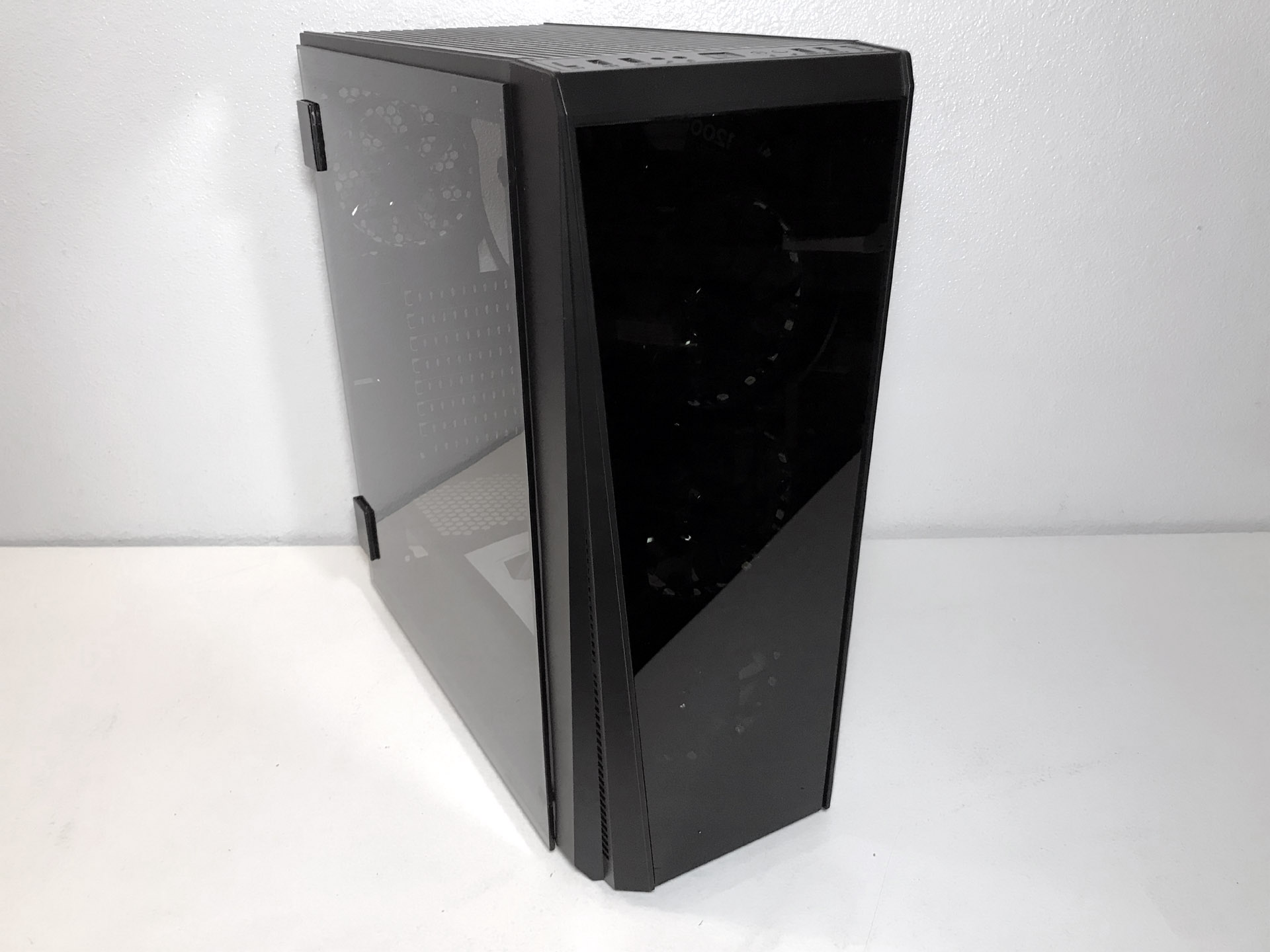
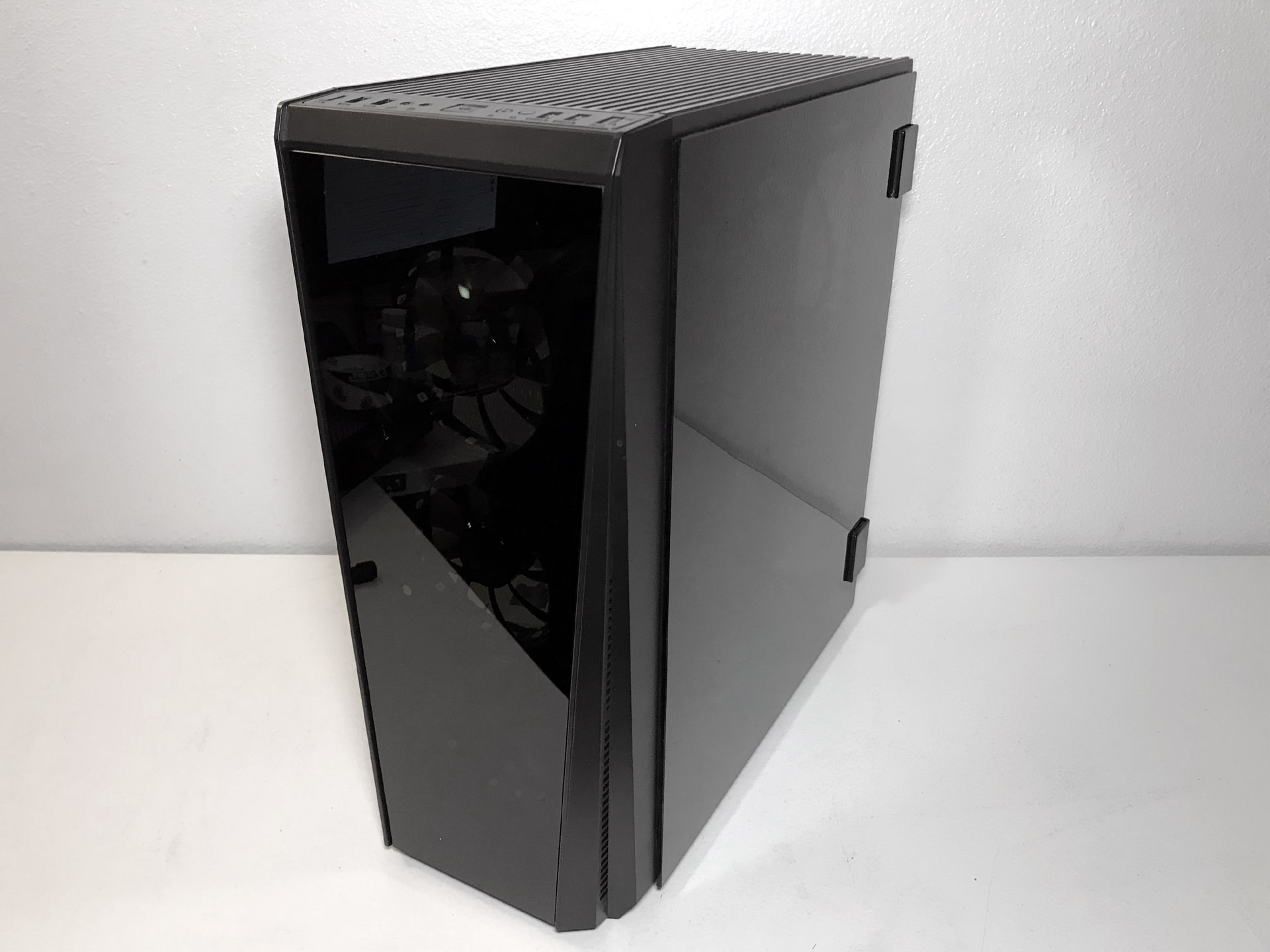
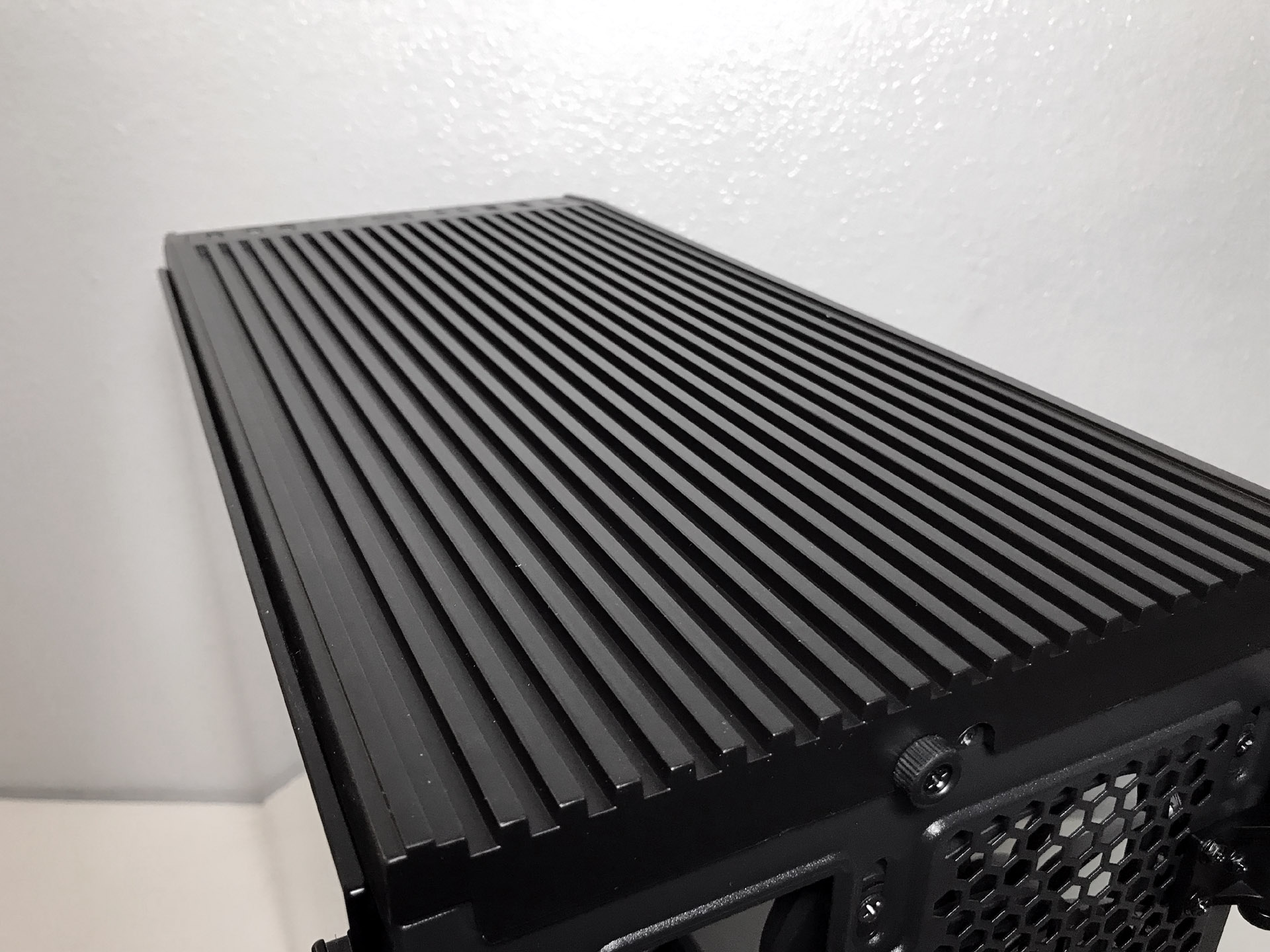
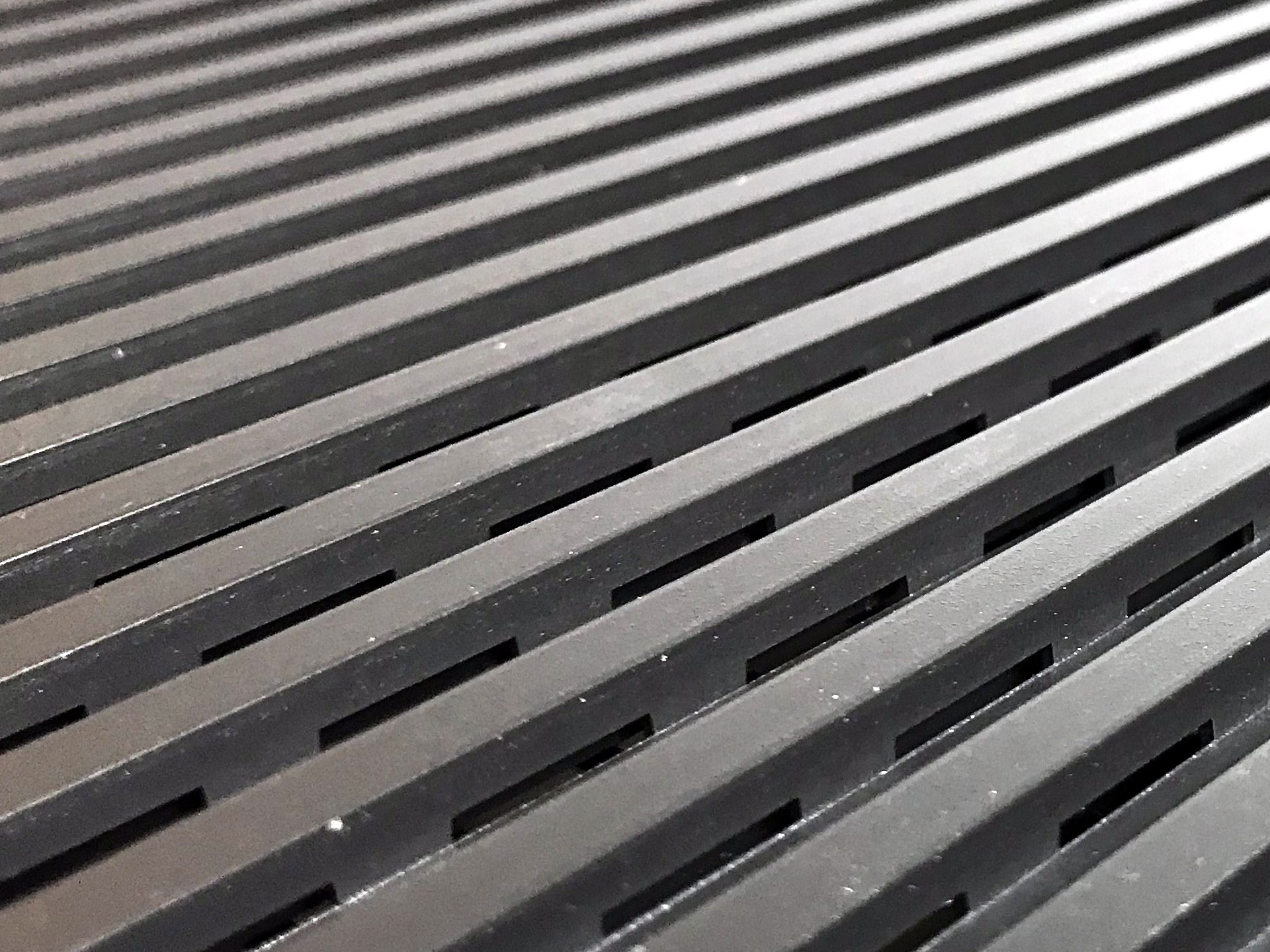
Constructed of tempered glass, plastic, and steel that’s painted black inside and out, the DIYPC Trio-GT-RGB measures 19.70 x 8.50 x 18.00 inches (500 x 216 x 457 mm) and weighs 20 lbs (9.07kg). In addition to the trio of tempered-glass panels, four 120mm ARGB fans and a one-year warranty on parts and labor provide added value to the DIYPC Trio-GT-RGB's $90 regular price.
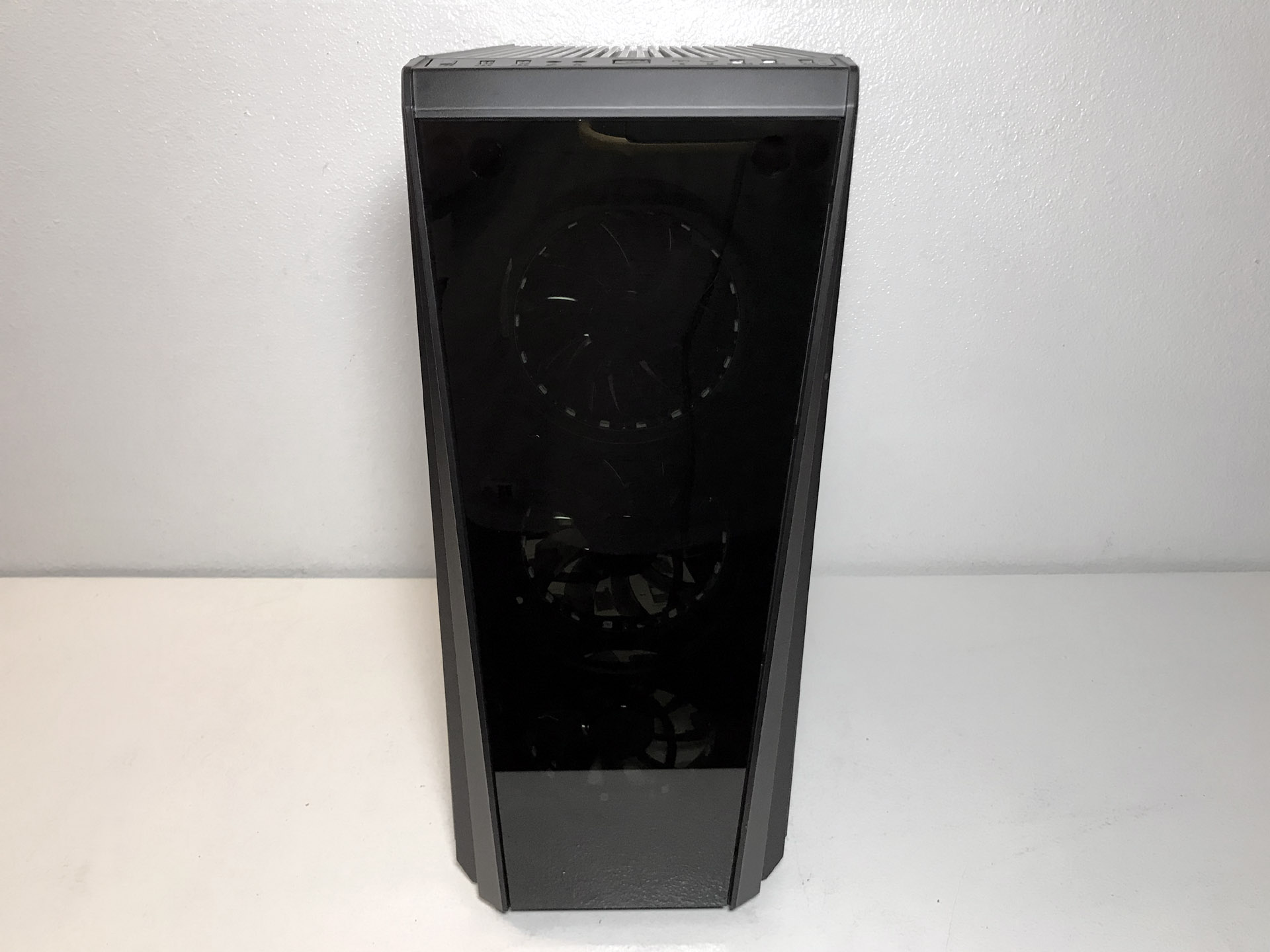
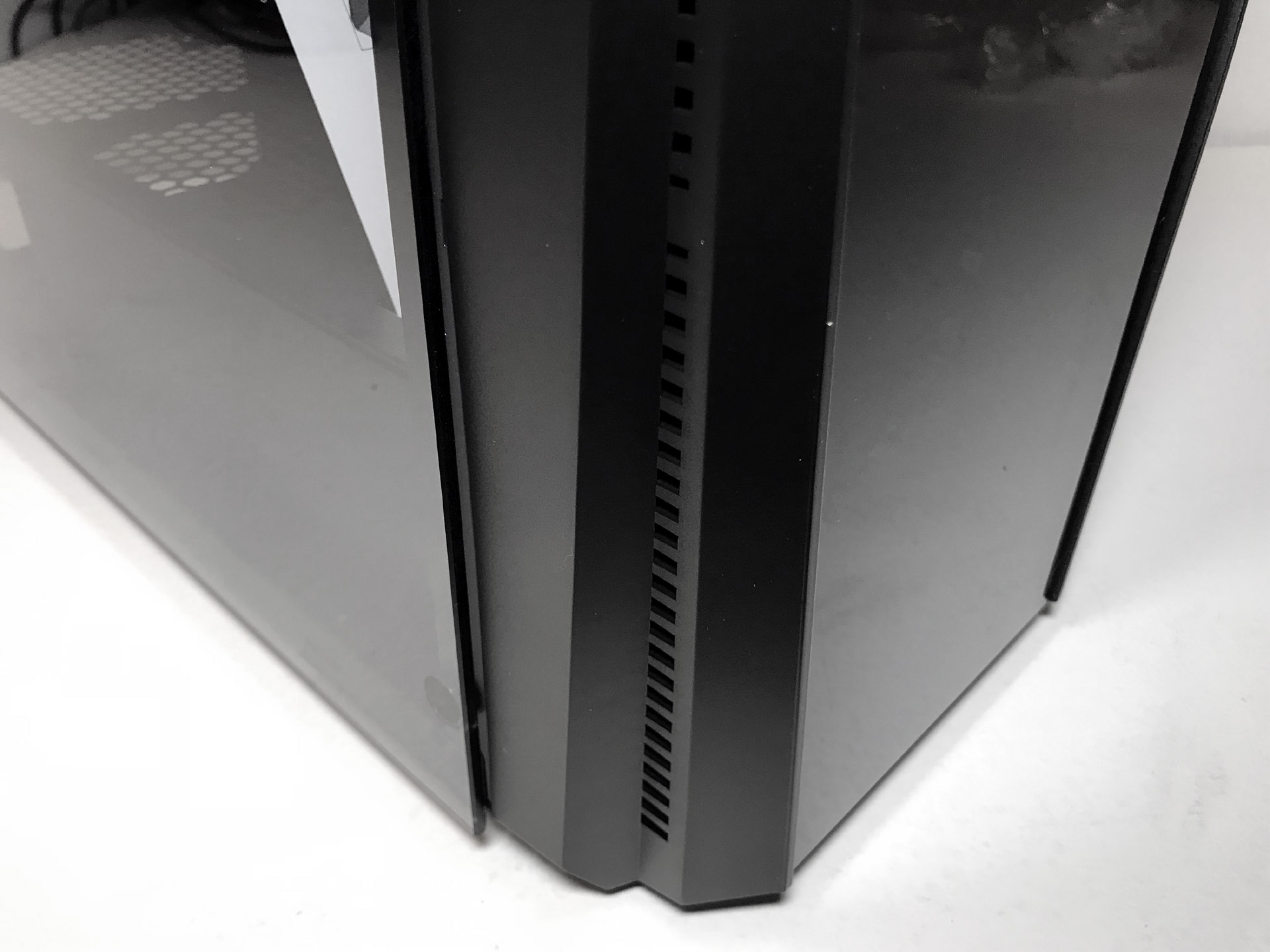
Covered in 4mm-thick tempered glass attached to a plastic frame with vents running down both sides, the front panel features three of the case’s 120mm ARGB fans. The intake vents are smaller than average and could impact overall cooling performance, but we’ll investigate that later in this review.
Two USB 2.0 ports, two USB 3.0 ports, headphone and microphone jacks, power and reset buttons, RGB and a fan control switch are embedded in the leading edge of the top panel. The top of the chassis is covered by slotted vent holes that span front to back.
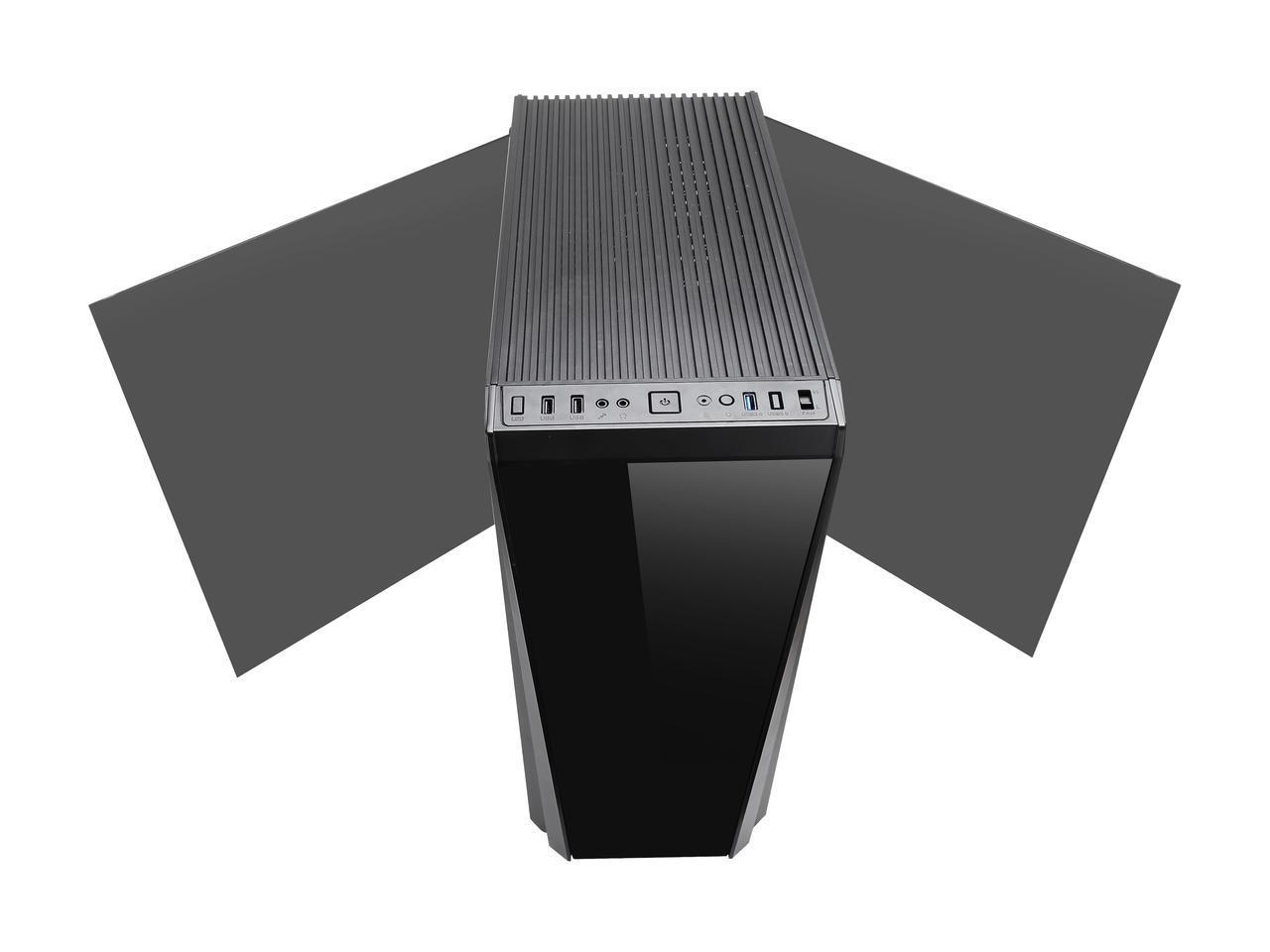
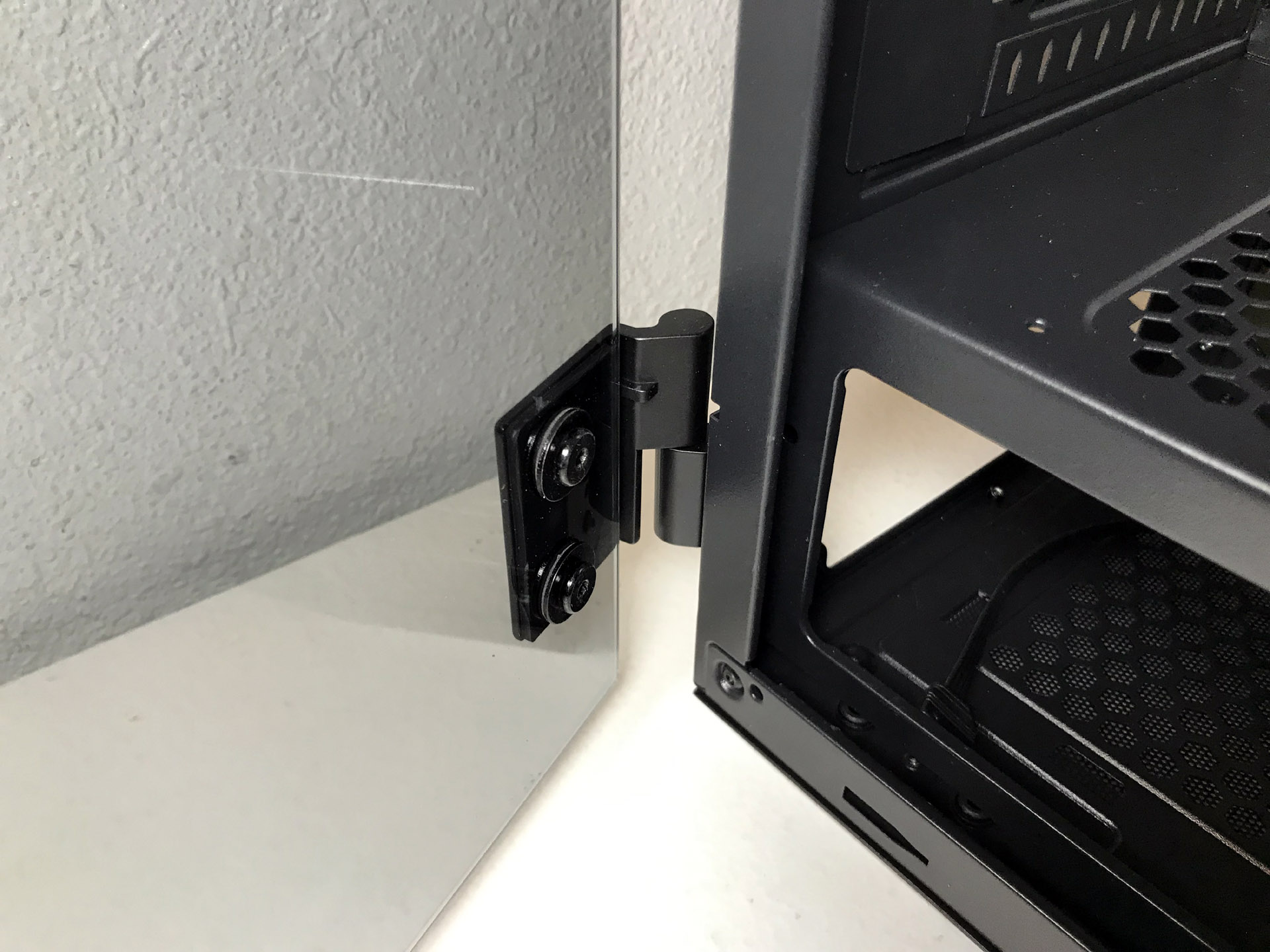
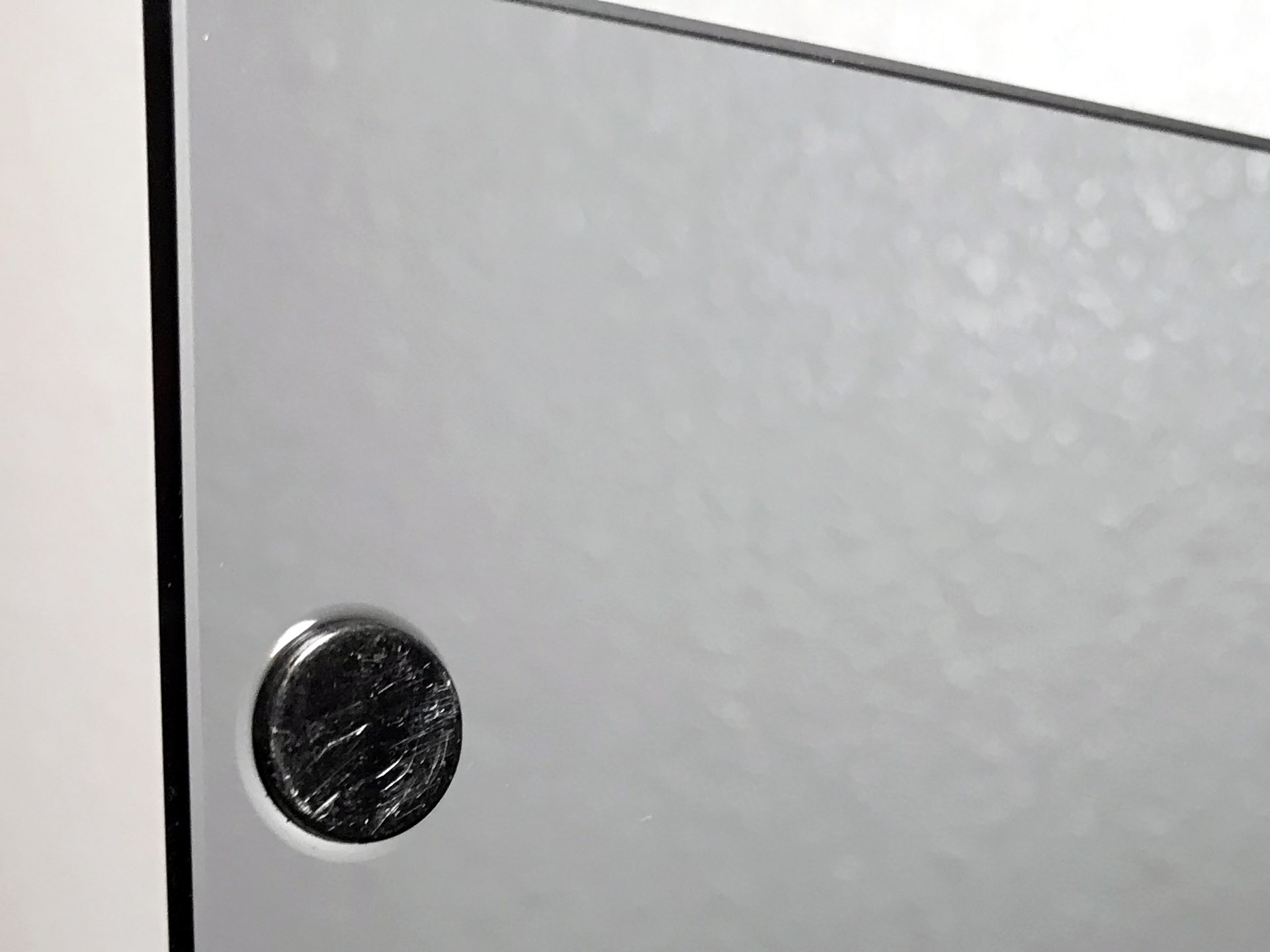
Both tempered glass side panels are darkly tinted and attached to the chassis via hinges at the rear of the panel. Strong magnets affixed to the top / front of the panels holds them closed.
The chassis has eight standard expansion-card slots, an opening for a bottom-mounted PSU and a 120mm ARGB exhaust-fan fan that’s fitted to slotted screw holes that let you adjust its position to fine tune airflow or make room for system components.
A 6 x 8 inch filter covers the PSU vent on the bottom of the case. Large, rubber-coated rectangular feet keep the case approximately one inch off the ground to facilitate air intake to the power supply.
Get Tom's Hardware's best news and in-depth reviews, straight to your inbox.
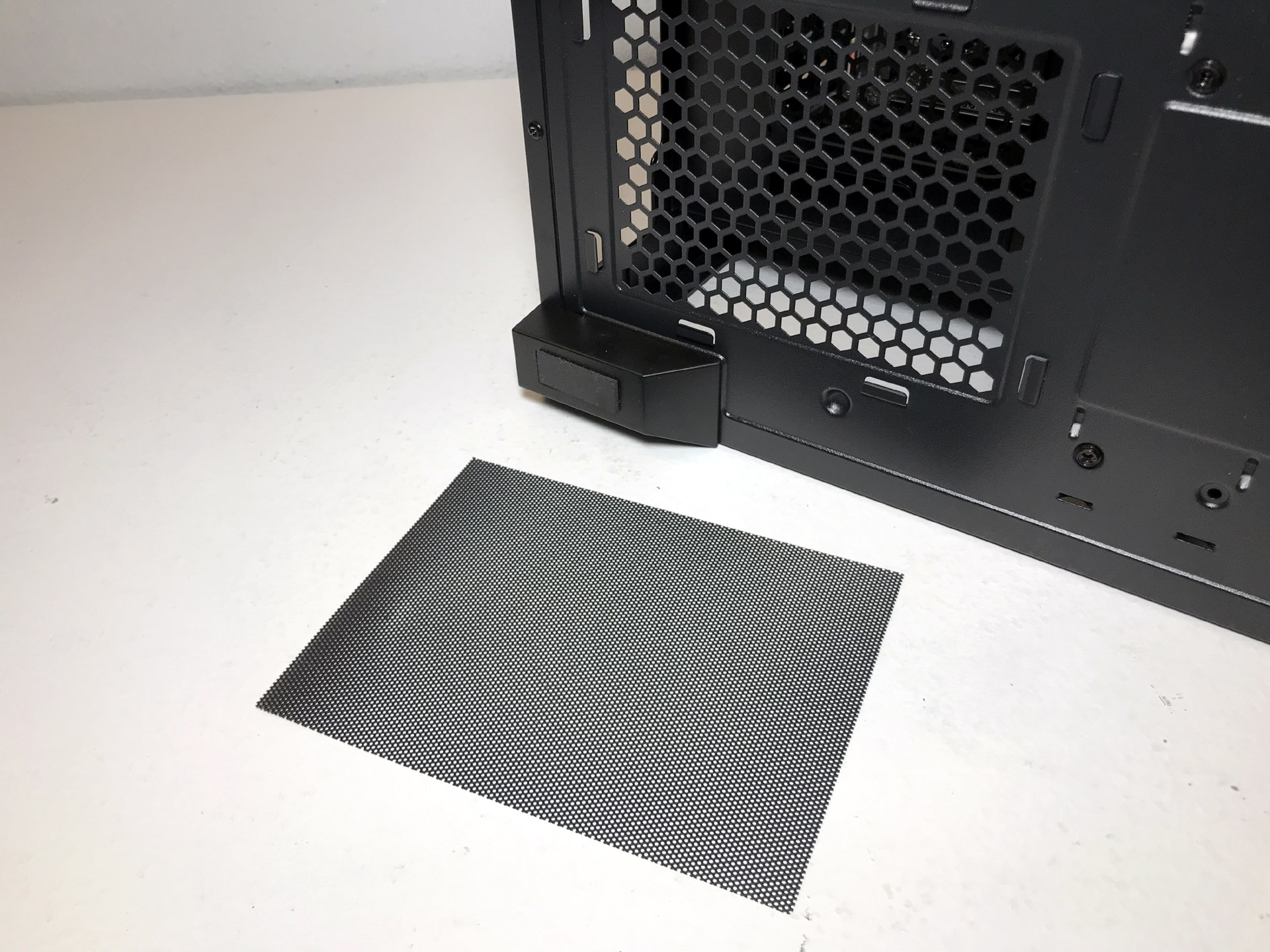
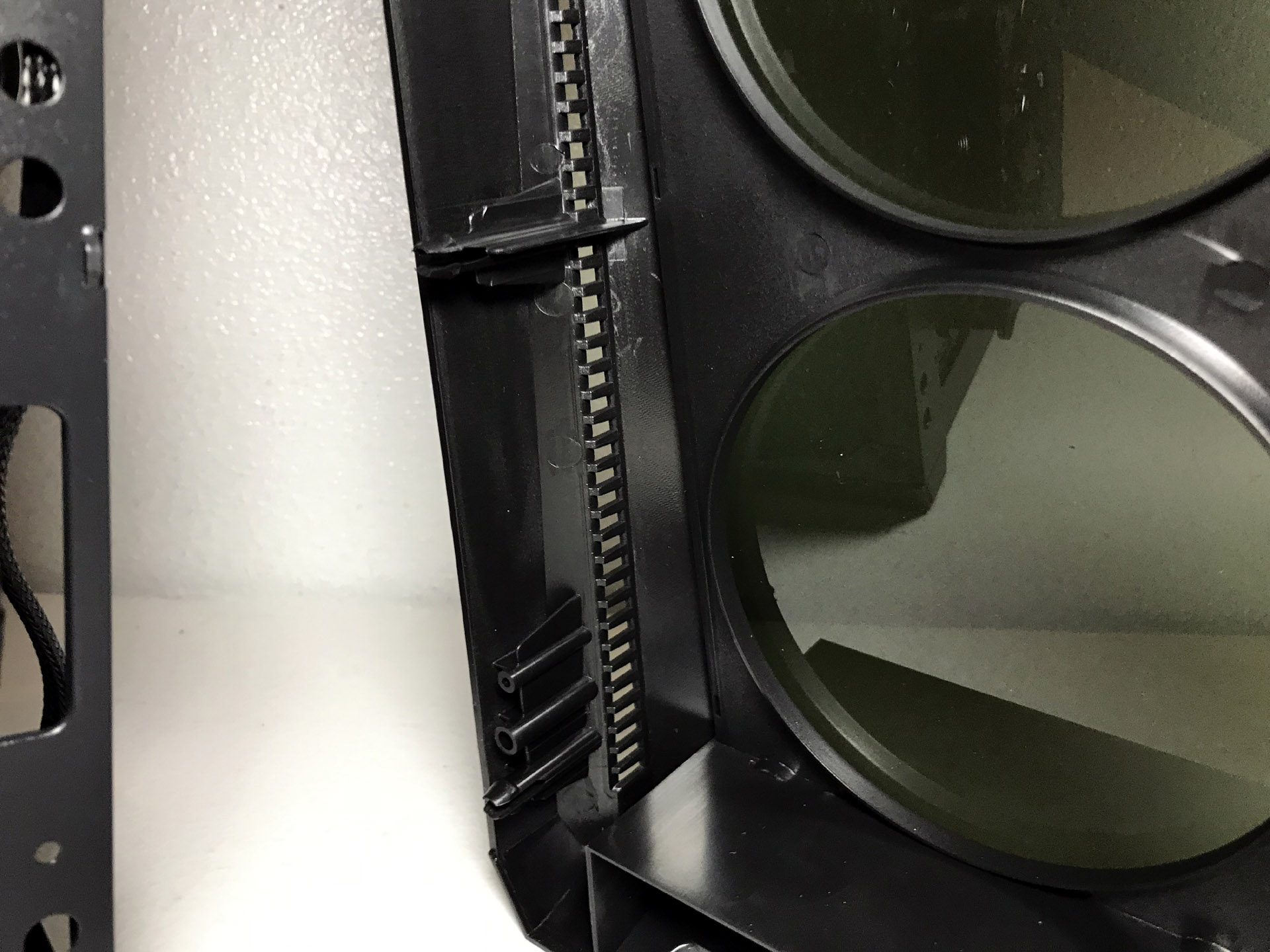
The small front intake vents are not filtered, and accessing the filter in the bottom requires moving the entire system. Overall, the filtration system is a let-down, but it can be remedied with aftermarket filters -- but that will of course add to the cost.
MORE: Best Cases
MORE: All Case Content
Current page: Features and Specifications
Next Page Hardware Installation and Test ConfigurationSteven Lynch is a contributor for Tom’s Hardware, primarily covering case reviews and news.
-
Antiphonal The fan/rgb controller uses a 12v connector to the motherboard. In other words, NOT ARGB. Also, the fans have two speeds (again, from the controller) - Low and High. There is no ability to use motherboard PWM control for them.Reply -
King_V Coming into this belatedly, but I used this case for my son's PC, father/son build for Christmas 2019.Reply
The US version does not allow for the two fan speeds. That said, what little noise you hear from the fans is a sort of comforting whoosh, not really intrusive except in a quiet office setting maybe.
I'd have to double-check the connections, but, while there are pre-set RGB patterns for the fan, one is to use what the board does. There is a connection to the board, and we were able to set it up to use what the ARGB software assigns to it.
